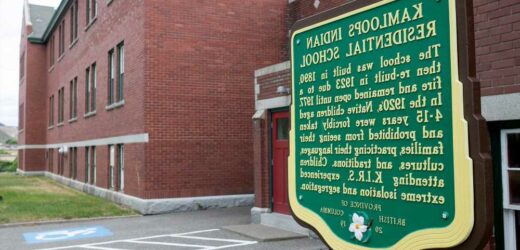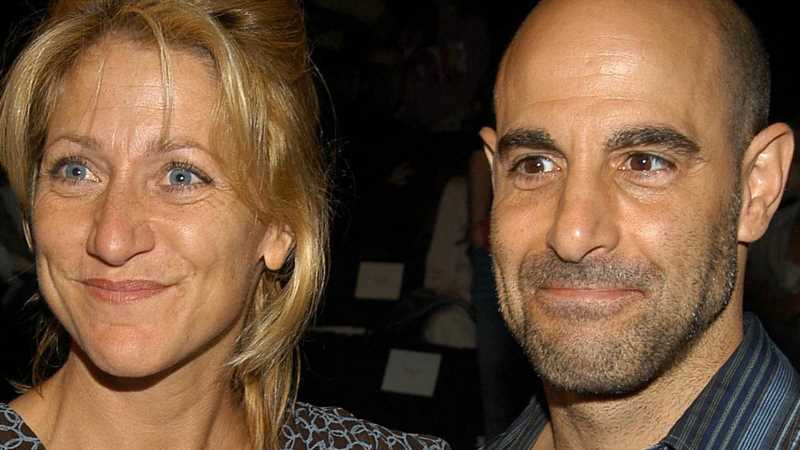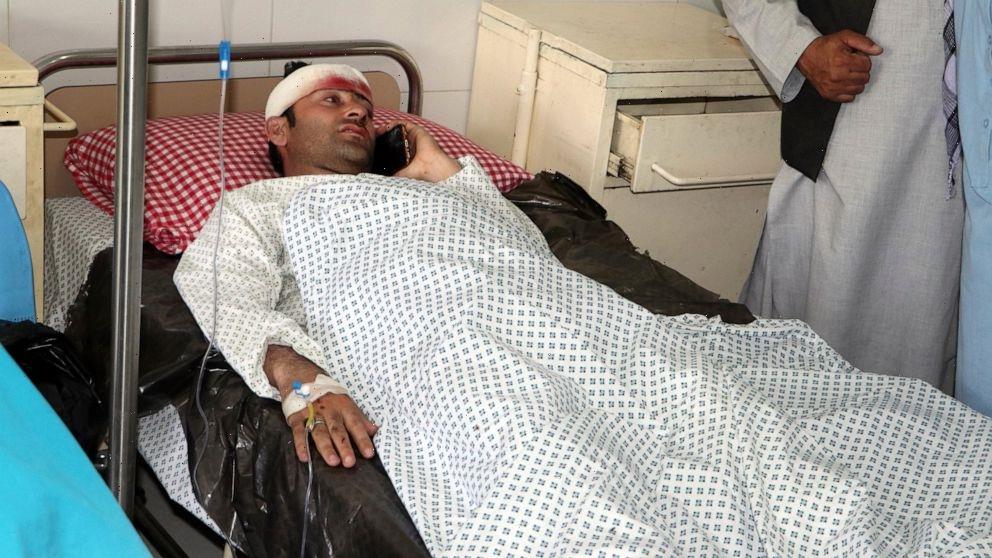More On:
canada
Oops, he did it again: Canadian pol caught on-camera with pants down for 2nd time
Mass grave with 215 Indigenous kids found on former school grounds in Canada
A few good women: Canada taps female generals amid military misconduct cases
Vancouver police apologize for wrongly handcuffing, detaining 81-year-old black judge
The discovery of a mass grave of more than 200 Indigenous children at a boarding school in British Columbia has sent shockwaves through Canada.
The burial site, which includes 215 bodies — some as young as 3 years old — was discovered this week with the help of ground-penetrating radar at the site of the former Kamloops Indian Residential School, which was run by the Roman Catholic Church from 1890 to 1978.
It’s no secret that similar institutions across the country — attended by at least 150,000 children — were considered rife with forced labor and physical, emotional and sexual abuse.
But the grisly find is prompting fresh calls from advocates for answers.
Chief Rosanne Casimir of the Tk’emlups te Secwepemc First Nation, who went to the site last week in Kamloops, told The Post Saturday the community is “raw and hurting” after learning of the mass grave.
“The impact of this find was devastating,” Casimir said. “It’s hard to overstate the effects and impact it’s had on our nation. It’s triggered so many hurts and wounds. We have a lot of grieving members right now.”
Casimir and others say there is still so much they don’t know about what happened to the children.
“What we’re missing is the truth,” Casimir said. “We were told that many kids never returned home and that some children ran away and some died at the school. But there is still so much we don’t know.”
Prime Minister Justin Trudeau said the tragic revelations “breaks my heart.”
“It is a painful reminder of that dark and shameful chapter of our country’s history,” Trudeau tweeted. “I am thinking about everyone affected by this distressing news.”
But Bill Adsit wasn’t surprised when authorities uncovered the grave — he survived a decade in a similar boarding school in the 1950s.
The institutions were part of a country-wide network of Christian boarding schools for Indigenous children, set up by the government to rid them of their native languages and heritage.
“I was 5 years old when I went in,” Adsit, 77, a member of the Tahltan First Nation, said in an interview with The Post. “I was sexually and physically abused, and I never went back home again. I never saw my father again, and I only met my mother when I was 28.”
“Maybe now we will get more answers,” said Adsit, a retired accountant who now lives in Alberta.
In 2015, a historic Truth and Reconciliation Commission report probing the history of residential schools across the country described them as a “culture of genocide” targeting Indigenous people.
Cindy Blackstock, executive director of the First Nations Child and Family Caring Society, told the media last week that there are residential school burial sites all over Canada. Blackstock said the Canadian government knew about children dying in the schools and did nothing to stop it.
The Catholic Church, unlike the other religious organizations who ran the schools, has so far refused to apologize for the abuse and deaths that occurred in the facilities. Pope Francis turned down a specific request for an apology from Trudeau in 2018.
In a tribute to the dead children, a Vancouver artist lined up hundreds of pairs of children’s shoes on the steps of the Vancouver Art Gallery Friday.
Tamara Bell told CTV News she put out a call to her network after hearing the news announced Thursday.
“I was so triggered and heartbroken and completely taken aback, because I know of this in so many instances,” Bell said.
Share this article:
Source: Read Full Article







